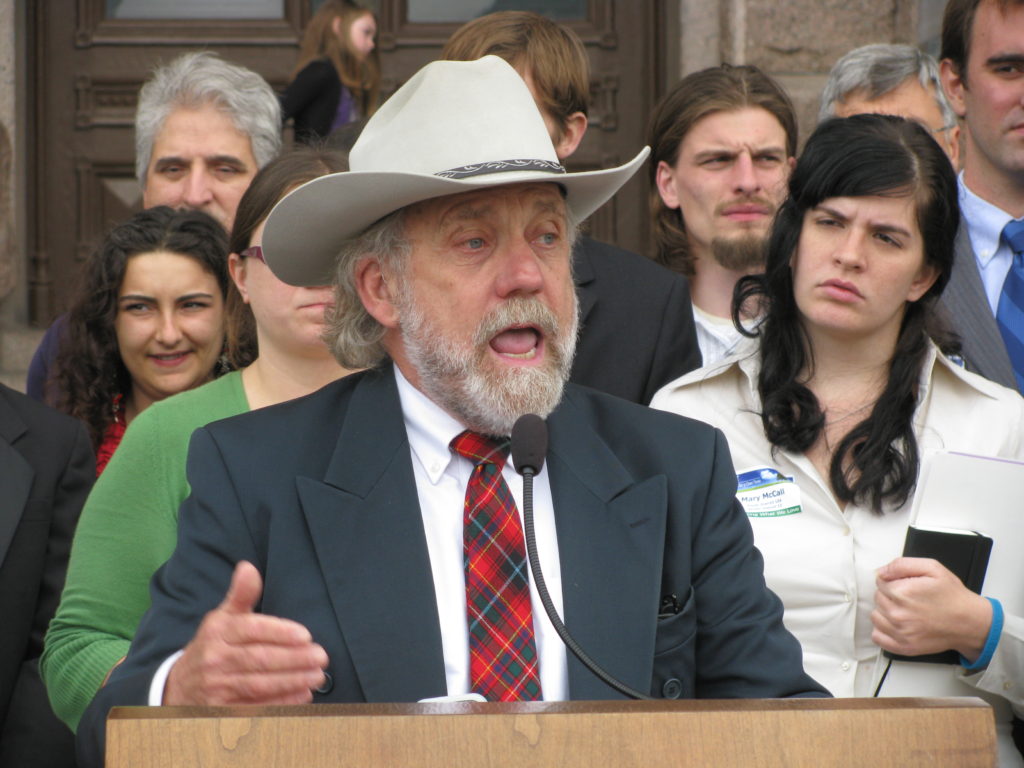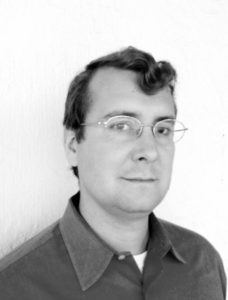By Adrian Shelley, Public Citizen
In 2011, when I was serving as the Environmental Director and Counsel for Houston Representative Jessica Farrar, I met a remarkable man. He had a white hat and a penchant for storytelling, and he was well known around Austin.
It’s an interesting experience walking around the Capitol with Smitty, the Director of our Texas Office for thirty-one years. He knows every third person in the building, and he usually has a story or two about something they did together several decades ago. They’re not all work stories either.
Something else Smitty has is an unparalleled reputation. Not everyone agrees with him, but they all respect him. One of the reasons he’s gotten so much done over the years is that he isn’t afraid to look for supporters from across the spectrum. As a young legislative staffer, I was sometimes bewildered by the unlikely alliances he proposed. Many of them came to nothing, but when they succeeded, you can be sure it was because Smitty believed they were possible.
There is a quote on the wall in our office by Kurt Vonnegut, “Out on the edge you see all kinds of things you can’t see from the center. Big, undreamed-of things—the people on the edges see them first.”
Here in Texas, Smitty is definitely out on the edge. As for me, I started this work from my vantage in Houston, the city where I was born and raised. Growing up in the “Energy Capital of the World,” I had firsthand experience of the benefits that come with a thriving energy economy. I grew up in the suburbs of Houston, surrounded by families who knew the board rooms better than the well pads. It wasn’t until I was interning for Air Alliance Houston in my twenties that I gained an appreciation for the term “fenceline communities.” Until then, those neighborhoods and the people in them had been invisible to me. When I first saw the people whose health and quality of life suffered at the hands of the petrochemical industry, I was amazed. Even ashamed.
How could a native Houstonian—well aware of the economic benefits of the energy industry—be so blind to its human cost? The unfortunate answer is that those communities, which are predominantly low-income communities of color, do not have a voice.
This is where Public Citizen comes in. Public Citizen advocates for a healthier and more equitable world by making government work for the people and by defending democracy from corporate greed. When marginalized people are drowned out by global corporate interests—Public Citizen is there to speak up. In Texas, the loudest voice speaking on their behalf has been, for many years, Tom “Smitty” Smith.
Smitty’s voice and vision have driven our work in Texas for three decades. Now that he has handed the reins to me, many people are wondering what my vision is.
I can’t tell you how many time in the last week someone has issued a good-natured warning: “You have some very big shoes to fill.”
They might have added that I have a large white hat to fill as well. Somewhere between the shoes and the hat, I also need to develop the vision. After three days, I can’t say I’ve got it yet. What I know is that I share Public Citizen’s vision for giving a voice to marginalized people. And I’ve seen firsthand what happens when corporate interests prevail over human decency.
My hope is that I can bring Public Citizen’s mission, Smitty’s experience, and my own vision together. Standing out here on the edge, I can see plenty that needs to be done.




